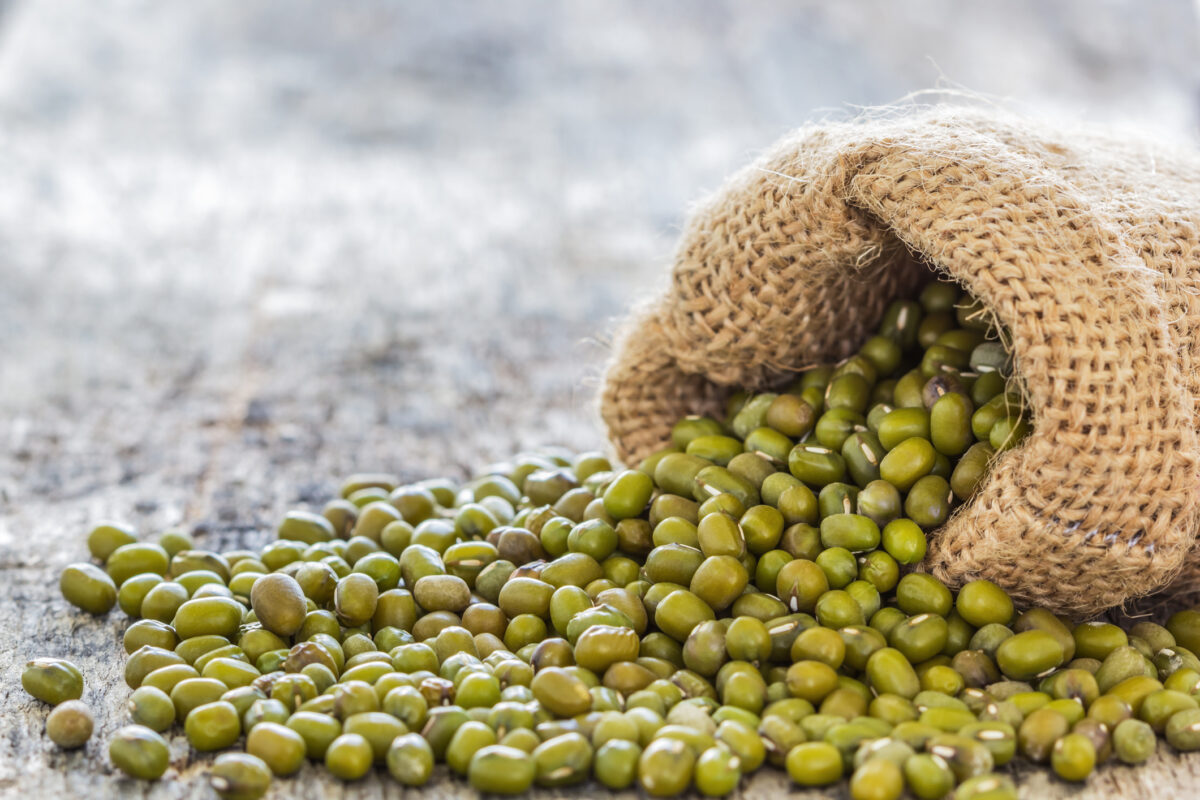Project Eaden raises €10.1 million to finance launch of plant-based steak made using proprietary fibre spinning technology

Image credits: Project Eaden
Berlin-based foodtech company Project Eaden has raised a total of €10.1 million in seed funding for the development of its new fibre technology that can produce ‘ultra-realistic’ plant-based meat.
The first round of funding closed in June 2022, with an €8 million investment led by investor Creandum, as well as Atlantic Food Labs, Shio Capital, Trellis Road and other business angels such as Godo Röben. The round was recently extended with additional investment of €2.1 million from Magnetic and Atlantic Food Labs.
The company was founded in 2022 by Materials Scientist David Schmelzeisen, former Zalando Manager, Jan Wilmking, and Founder of one of Germany’s first digital foodtech startups Mymuesli, Hubertus Bessau.
Project Eaden says it will use the funding to develop its proprietary fibre spinning technology. In doing so, it hopes to launch its first product – an ultra-realistic plant-based beef steak – at some point this year.
“We’ll be investing in our own R&D activities and the initial production setup”, said Project Eaden Co-founder, Jan Wilmking. “We’ve built a highly-motivated team of professionals to further develop our unique, proprietary technology over the past nine months, including tissue engineers, food technologists, material scientists, and culinary professionals”.
The company’s technology is similar to the fibre spinning process used to create synthetic fibres, which are commonly used in the textiles, aerospace and IT sectors. It has adapted the fibre spinning process to produce food products from pea protein and other edible protein fibres. Using this technology, it can produce ultra-thin organic fibres that are 100 micrometres thick. These are brought together into strands that are similar in structure to real muscle, and then combined with vegetable fats to create marbled plant-based meat that looks identical to real meat.
In an interview with TechCrunch, Schmelzeisen explained: “We create fibres which have several material components so that when you bite through each of the million fibres, you have this kind of bite resistance that real meat has when you chew it. It makes a real difference. We believe we have a unique chance to build an outstanding company, from a unique technology angle.”
Wilmking added in a statement:“Our ultimate goal is to offer consumers a product that eliminates every single reason there is to eat animals. We intend to fully recreate and even improve on the sensory profile and the overall pleasure people experience when they eat meat”.
Technologies are constantly evolving in the plant-based sector. Discover more about the emerging innovations we might soon see more of in this Food Matters Live Podcast episode:








